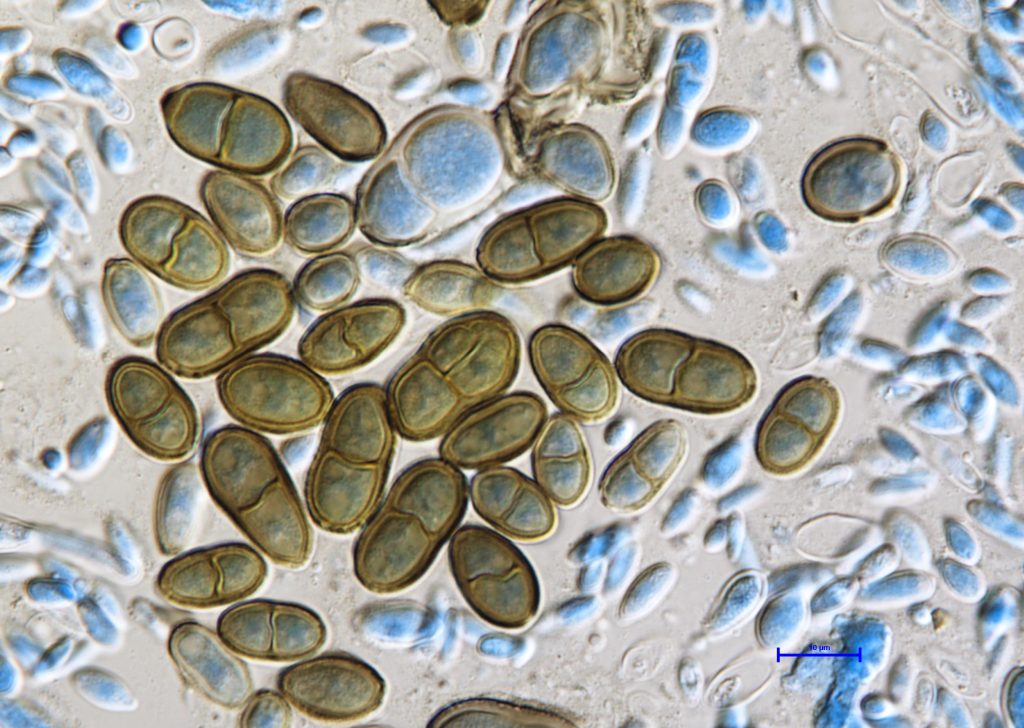
July 26, 2024


On 3 September 2019, the InnoRenew CoE held a project partners meeting. Representatives from all ten InnoRenew project partners met at the premises of the University of Primorska and discussed development of the eight start-up projects.
The September 2019 InnoRenew project partners meeting started with welcoming words and a general overview of project activities from Dr Andreja Kutnar, the InnoRenew CoE director and project leader. She presented in detail all work packages, and she expressed her pleasure with the work on the project, which is in line with planned activities, and highlighted the successful development of the InnoRenew CoE research institute.
“One of the indicators of project and institute success is certainly the fact that, in the first two and a half years, we submitted 120 national and international project proposals, with an average success rate of 30 percent,” said Dr Kutnar.
“I can also emphasize our international recognition. Up to today, we have hosted 225 researchers from around the world. This week, for example, two researchers are visiting from New Zealand and Australia,” she added.
Following Dr Kutnar’s remarks was a discussion about consortium work on the ongoing start-up projects. These projects aim to establish long-lasting cooperation between all InnoRenew project partners and the InnoRenew CoE research institute, cooperation which should last even after the end of the project.
InnoRenew projects targeted for long-term collaboration are: “Advanced materials for cultural heritage storage”, “Evaluation of fire effluents with respect to ecotoxicity”, “Building Information Modelling”, “Innovative Connections for CLT Buildings”, “Ergonomic, adaptable, and active office furniture”, “Revitalisation of traditional industry: An open innovation framework for Slovenia’s furniture sector”, “Materials for Energy Efficient Buildings” and “Development of formaldehyde-free fibreboards”.
“We are conducting research on design of new natural adhesives to be used for engineered wood products, such as fibreboards,” said Dr Silvo Hribernik, University of Maribor, who is working on “Development of formaldehyde-free fibreboards”.
“We are mainly focusing on lignin as a raw material with a large potential to be transformed into a valuable product and, thus, replace harmful formaldehyde-based curing agents. An interdisciplinary team of InnoRenew partners is involved in the research work, combining expertise in material science, construction and demands of the contemporary building sector as well as experts in health and well-being aspects of built environments,” he concluded.
The InnoRenew project partners meeting ended with a discussion about future activities and a guided tour of University of Primorska and InnoRenew CoE laboratories.
Representatives of all project partners were present at the meeting: the InnoRenew CoE, University of Primorska, Fraunhofer WKI (advanced partner), University of Maribor, the Institute for the Protection of Cultural Heritage of Slovenia, the Slovenian National Building and Civil Engineering Institute, Pulp and Paper Institute, e-Oblak, the National Institute of Public Health and the Regional Development Agency of the Ljubljana Urban Region.